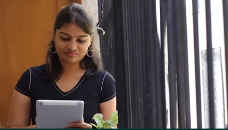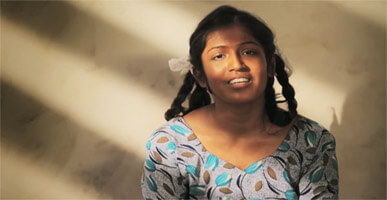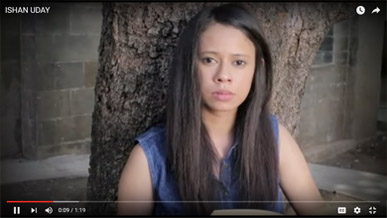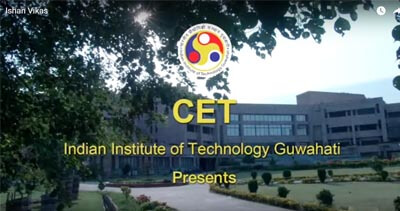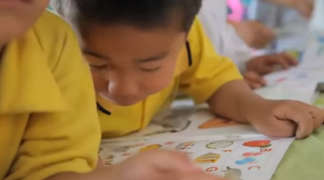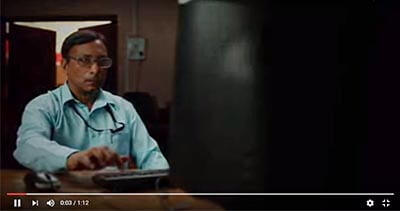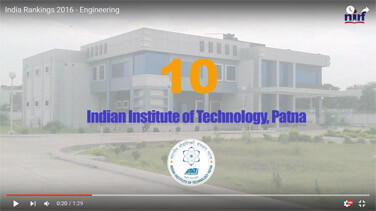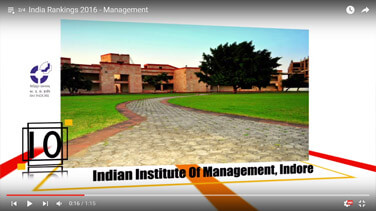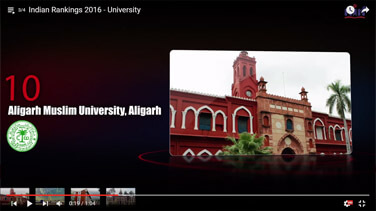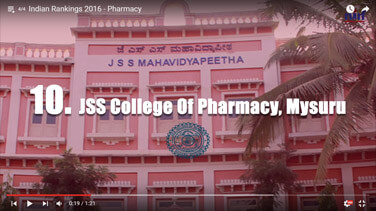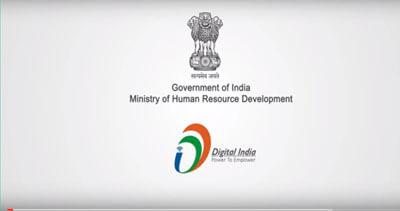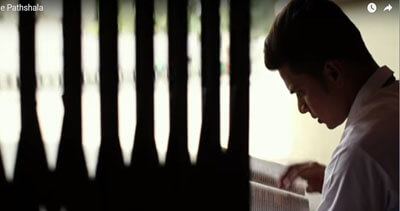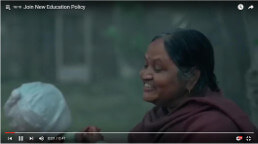
- Monitor Performance in School via e-Governance
- Transparent and Accessible Information on Educational Institutions
- e-Pathshala and e-CBSE
- Skilling Indian Youth for Higher Employability
- SAARC Ministers of Education Adopt New Delhi Declaration on Education
- Promoting International Partnerships
- Veneration of Aryabhata
- New Education Policy
Swachh Vidyalaya
The Swachh Vidyalaya initiative was launched by the MHRD to give a thrust to the ongoing efforts to fulfill the Prime Minister's commitment.
Target Already Achieved in ONE YEAR
- 4.17 lakh school toilets were constructed in one year
- 2.66 lakh new toilets + 1.51 lakh repaired
• A website was launched giving comprehensive information on schools without toilets and with dysfunctional toilets.
• A series of consultations and workshops were held with States/Ministries/ Departments/Corporate/PSUs to achieve the objective
• LIVE tracking of status of toilet construction with images through NIS
• Public feedback and monitoring was also invited
• 310 Central Observers were deputed to verify the accuracy of the data
Ensuring Quality Education for Girl Child
Seeks to enhance enrollment of girl students in technical institutions through academic support and mentoring. 1000 promising girl students from less privileged backgrounds are provided with special Udaan Tablets and given special guidance by mentors in 62 Udaan centres all over the country.
Experiences of Udaan
Nurturing Leaders of Tomorrow
Beti Bachao Beti Padhao
Ensuring participation and quality education for the girl child.
Scholarship
Scholarship for single girl child from financially weak backgrounds.
UGC (Prevention, Prohibition and Redressal of Sexual Harassment of Women employees and Students in HEI's) Regulations, 2015
Only regulation to ensure accountability of HEI's to protect women employees and students against sexual harassment. Also covers third-party harassment.
Digital Gender Atlas
A mapping of gender based data for all schools. Helps identity low performing geographic pockets for girls, particularly from marginalised groups
Education for Specially Abled Students
Saksham
Scholarship of Rs 30,000 for differently abled students of poor families
IIT fees for physically challenged students has been waived off
Accessible Infrastructure
Barrier free university campuses and institutions
Special Training for Teachers along with Curriculum for Children with Special Needs (CWSN)
Curriculum adaptations for inclusive classrooms has been developed by NCERT. All teachers are being trained to ensure inclusion of children with special needs in the classroom.
Introduction of DAISY (Digital Talking Book)
DAISY is a complete advanced audio substitute for print material and is specifically designed for people with "print disabilities", including visual impairment and dyslexia
Increased Importance to North-East
Increased Focus on Research and Innovation
A collaborative effort of all IITs and IISc to focus on research for solutions in areas that improve quality of life. Rs 1000 crore across 10 domains is being committed by 24 departments of the Government of India to achieve focused research goal.
Know More
Encouraging young students to innovate for industry with a fund of Rs 250 crores to IITs
Know More
38 new research parks to be setup in premier institutes for innovation & easy collaboration with industry
Know More
Indian Language Development
Matribhasha Diwas was celebrated on 21st February, 2015 and on 3rd March, 2016 to sensitize people about the need of greater use of mother tongues and other languages
Kashmiri Language
A national council for development of Kashmiri language was formed
Committee to suggest a long term vision for Sanskrit
For the Assessment and review of the present schemes for development of Sanskrit
Bharatvani Project
Its main objective includes delivering knowledge in and about all the languages in India in multimedia formats through an online portal. 22 scheduled languages are covered in the first phase
Monitor Performance in School via e-Governance
Saransh
Data for 2 crore students, 1.5 lakh teachers across 15000 schools is online
Shaala Darpan
Track your child’s school activities and performances with regular updates through SMS and website thereby bringing Transparency. 50,000 teachers, 12 lakh students, and over 20 lakh parents are benefitting through this initiative.
Shaala Siddhi
A comprehensive school evaluation system focused on well-defined quality based parameters
More than 70% of Government Schools in India have been mapped on a GIS platform to help in policy and planning.
Transparent and Accessible Information on Educational Institutions
School Report Card
The report card provides details of the school's functioning including infrastructure and teacher availability in a transparent manner
Know Your College
To bring transparency and provide detailed information of about 40000+ institutes across India
National Institutional Ranking Framework (NIRF)
A new Indian Framework for a transparent process and to verify standards on a yearly basis
e-Pathshala & e-CBSE
Know more about e-pathshala Know more about e-CBSE
To provide the students, teachers, parents and educators with free access to all NCERT and CBSE textbooks anytime, anywhere.
All text books of class 1 - 12 converted and formatted for web and mobile friendly reading.
Learning resources and e-resources also provided.
Website and mobile app provides study material in English, Hindu, Urdu & Sanskrit.
Skilling Indian Youth for Higher Employability
Skill Training
10,000 engineering colleges to hold certified skill training courses for 10 lakh youths. View Video
Deen Dayal Upadhyay Kaushal Kendras
These centres will coordinate between the Higher Education system and Industry to work as centres of excellence for skill development. Know more
Secondary Schools with Vocational Educational
More than doubled the number of secondary schools that have approval for vocational education programs with respect to previous government.
Credit framework allowing students to pursue vocational training and formal education by providing flexibility to move between formal, vocational streams of education and the job market
Promoting International Partnerships
BRICS Network University MOU signed among the BRICS nations to establish a network of universities of BRICS countries for delivery of short term training, joint research projects as well as Masters and PhD programs.
SAARC Ministers of Education adopt New Delhi Declaration on Education
A New Delhi Declaration on Education was adopted at the conclusion of the 2nd Meeting of SAARC Ministers of Education /Higher Education during October 2014.
The Declaration identified SAARC Perspectives on the Post 2015 Education Agenda and regional Priority Areas of Action and it was agreed to expand the scope of cooperation.
This was the first ever SAARC Declaration on Education and a rare declaration at the ministerial level indicating enhanced common understanding and commitment to Education.
New Education Policy
(Public Consultation)
Current status of grassroots consultation reports uploaded on MyGov.in
MHRD embarked on a time-bound grass-roots consultative process, which reached out to individuals across the country through over 2.75 lakh direct consultations while also taking input from citizens online. Citizens have been given the opportunity to actively participate in formulating a national policy along with experts. Over 200 thematic national workshops were held.




